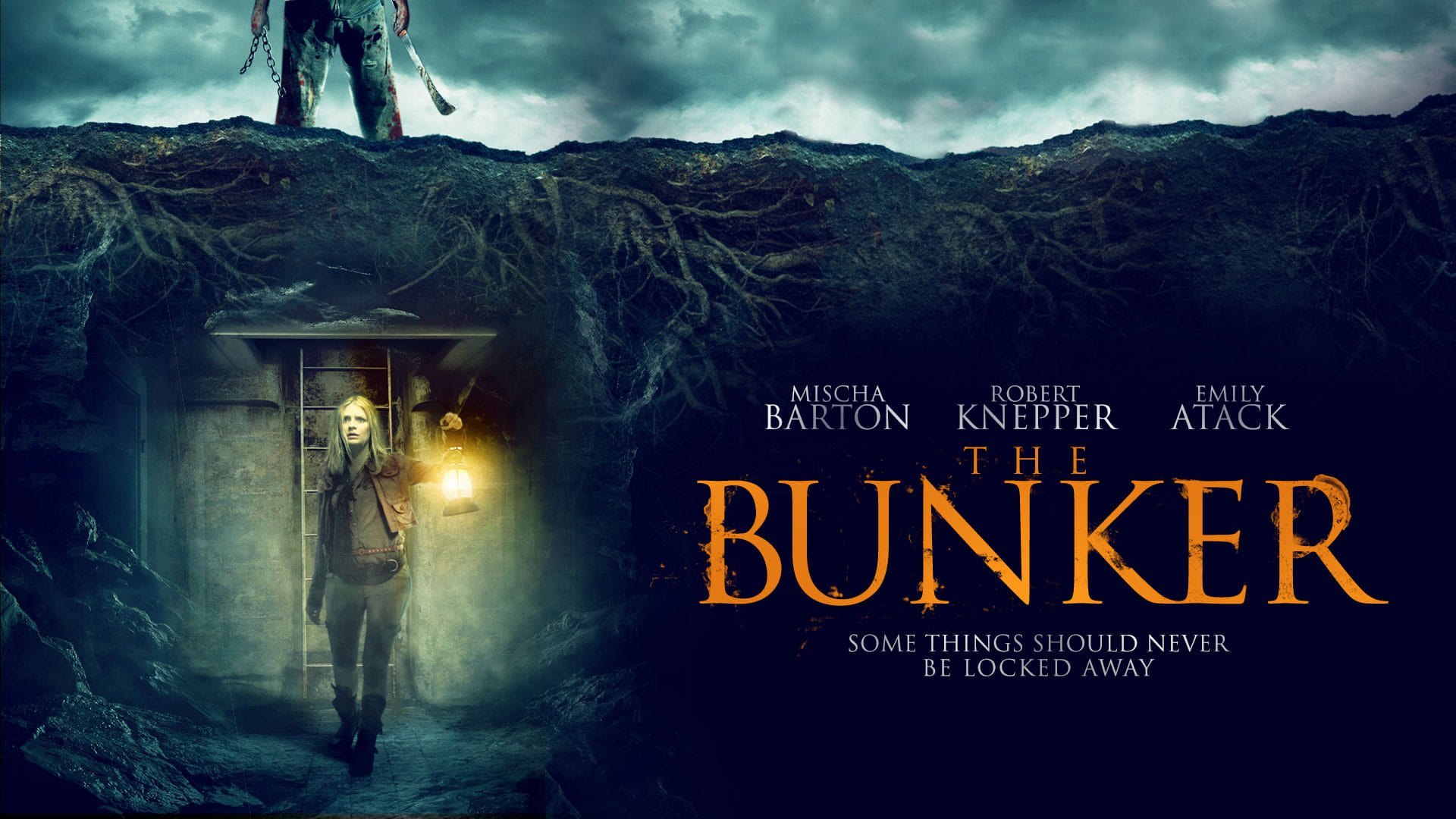Bunker (2001)

*Bunker* (2001), directed by the German filmmaker Lutz Hachmeister, offers a gripping and introspective portrayal of war and human psychology. Set against the backdrop of World War II, the film delves into the final days of Adolf Hitler’s regime, providing a claustrophobic and intense examination of the deteriorating mental and emotional states of those trapped within the Führerbunker. Through its compelling narrative and strong performances, *Bunker* explores themes of fear, power, and the human condition in times of extreme crisis.

*Bunker* is set during the final days of World War II, specifically in the last days of April 1945, as the Allies close in on Berlin. The film centers around the Führerbunker, the underground bunker where Adolf Hitler and his inner circle make their last stand. The narrative is framed around the psychological and emotional turmoil experienced by the occupants of the bunker, including Hitler himself, his loyal followers, and other key figures of the Third Reich.
The plot unfolds with a focus on the claustrophobic and oppressive environment of the bunker. As the Allied forces advance, the occupants of the bunker are increasingly consumed by despair and paranoia. The film presents a harrowing depiction of the psychological effects of impending defeat and isolation. The tension within the bunker is palpable, with the characters grappling with their mortality and the crumbling of their once-unshakeable beliefs.
One of the film’s strengths lies in its character development and the nuanced performances of its cast. The film features a range of characters, each dealing with the dire circumstances in their own way. Adolf Hitler, portrayed by actor Ulrich Matthes, is depicted with a chilling intensity. Matthes’s performance captures Hitler’s deteriorating mental state and the growing sense of desperation as the war draws to a close. The portrayal of Hitler is not only a study of a historical figure but also an exploration of the effects of power and isolation.
The supporting cast, including characters such as Eva Braun, Joseph Goebbels, and other high-ranking officials, provides a comprehensive view of the bunker’s internal dynamics. Each character’s reaction to the crisis reflects their personal fears, loyalties, and moral dilemmas. The interactions between the characters, filled with tension and mutual distrust, highlight the disintegration of both the Nazi regime and the personal relationships within the bunker.

*Bunker* delves deeply into several key themes, most notably the psychological impact of extreme circumstances and the nature of power and authority. The film explores how individuals react when their world is collapsing around them and how their psychological resilience or fragility is tested in the face of imminent defeat.
The theme of power is central to the film, as it examines how those who once wielded significant influence are reduced to a state of vulnerability. The bunker, a symbol of the last stronghold of the Third Reich, becomes a microcosm of the broader collapse of the Nazi regime. The film portrays the characters’ loss of power and control, juxtaposed with their attempts to maintain authority and control over one another in their final moments.
Isolation is another prominent theme, illustrated by the physical and emotional confinement of the bunker. The characters’ interactions become increasingly strained as the reality of their situation sets in. The psychological effects of being cut off from the outside world and the growing realization of their impending doom are depicted with stark intensity.
The visual style of *Bunker* complements its psychological and thematic exploration. The film’s cinematography, characterized by dim lighting and claustrophobic camera angles, enhances the sense of entrapment and tension. The use of dark, oppressive settings reflects the grim atmosphere of the bunker and the despair of its occupants.
The film’s production design, which meticulously recreates the Führerbunker and its surroundings, adds authenticity to the portrayal of historical events. The attention to detail in the set design and costumes helps immerse viewers in the time period and heightens the film’s impact.

Upon its release, *Bunker* received a range of critical responses. Critics praised the film for its intense and thought-provoking portrayal of the final days of Hitler’s regime, as well as for the strong performances of its cast. The film’s focus on the psychological aspects of its characters, rather than solely on the historical events, was noted as a strength that set it apart from other World War II films.
However, some critics found the film’s approach to be somber and unrelenting, noting that the depiction of the bunker’s psychological and emotional strain could be overwhelming for some viewers. Despite this, the film’s ability to provoke thought and evoke a strong emotional response was widely recognized.
*Bunker* (2001) stands out as a compelling and introspective film that delves into the psychological and emotional dimensions of war. Through its portrayal of the final days of Adolf Hitler’s regime, the film offers a stark and powerful exploration of fear, power, and human vulnerability. The strong performances, effective use of visuals, and thematic depth make *Bunker* a significant contribution to the genre of historical drama and psychological thriller.
As a study of the human condition under extreme duress, *Bunker* provides a sobering reminder of the impact of war on individuals and the collapse of ideological certainty. Its exploration of the final moments of a regime and the psychological breakdown of its key figures offers valuable insights into the nature of power and the fragility of human resolve. For those interested in a nuanced and intense portrayal of historical events, *Bunker* remains a thought-provoking and powerful film.










